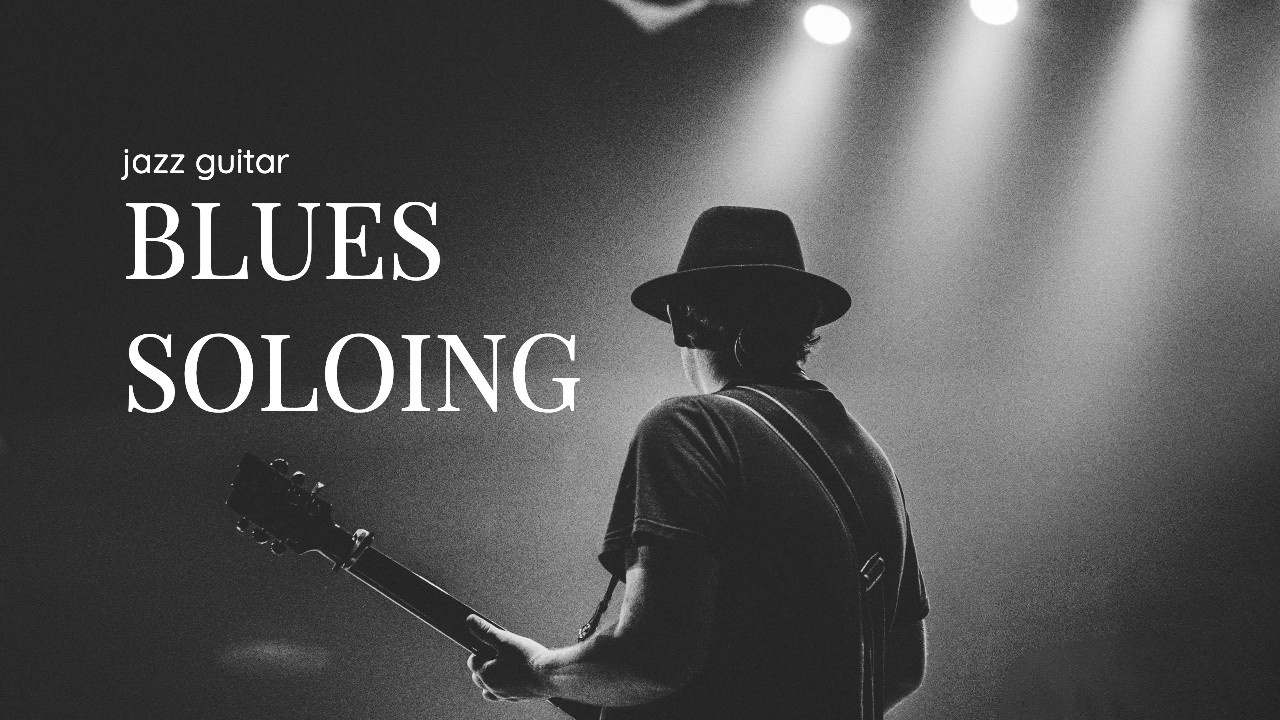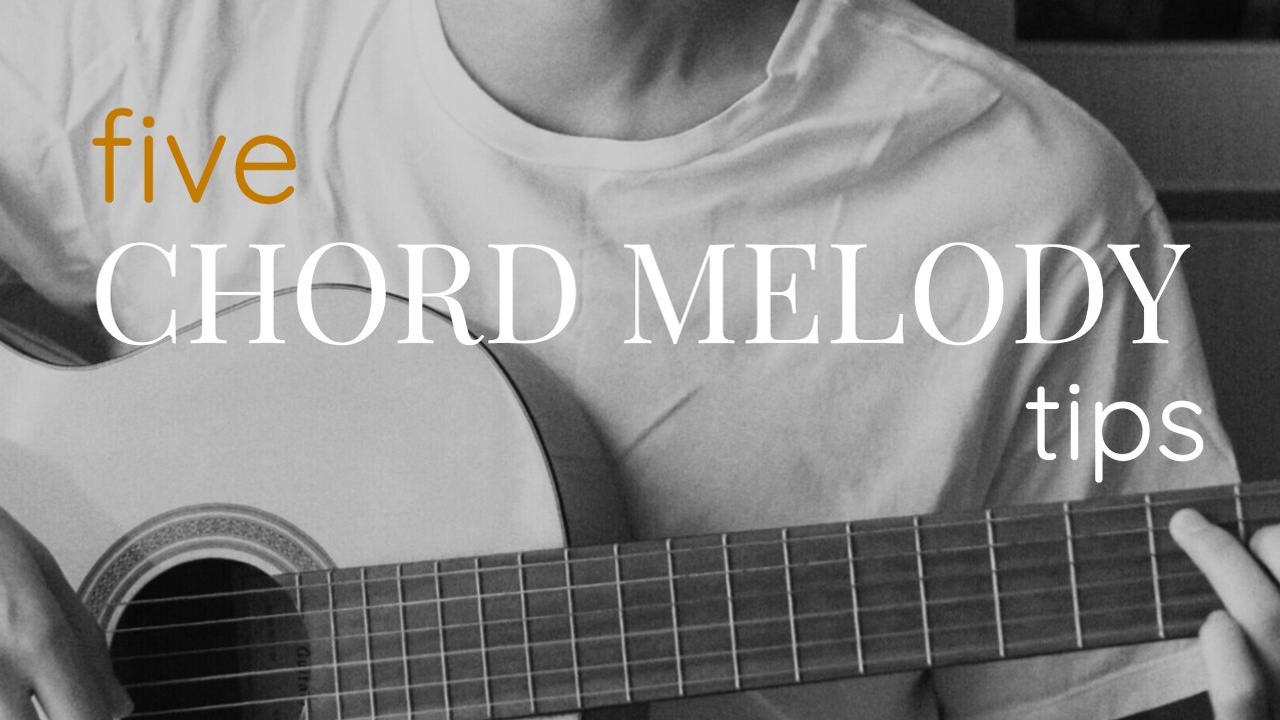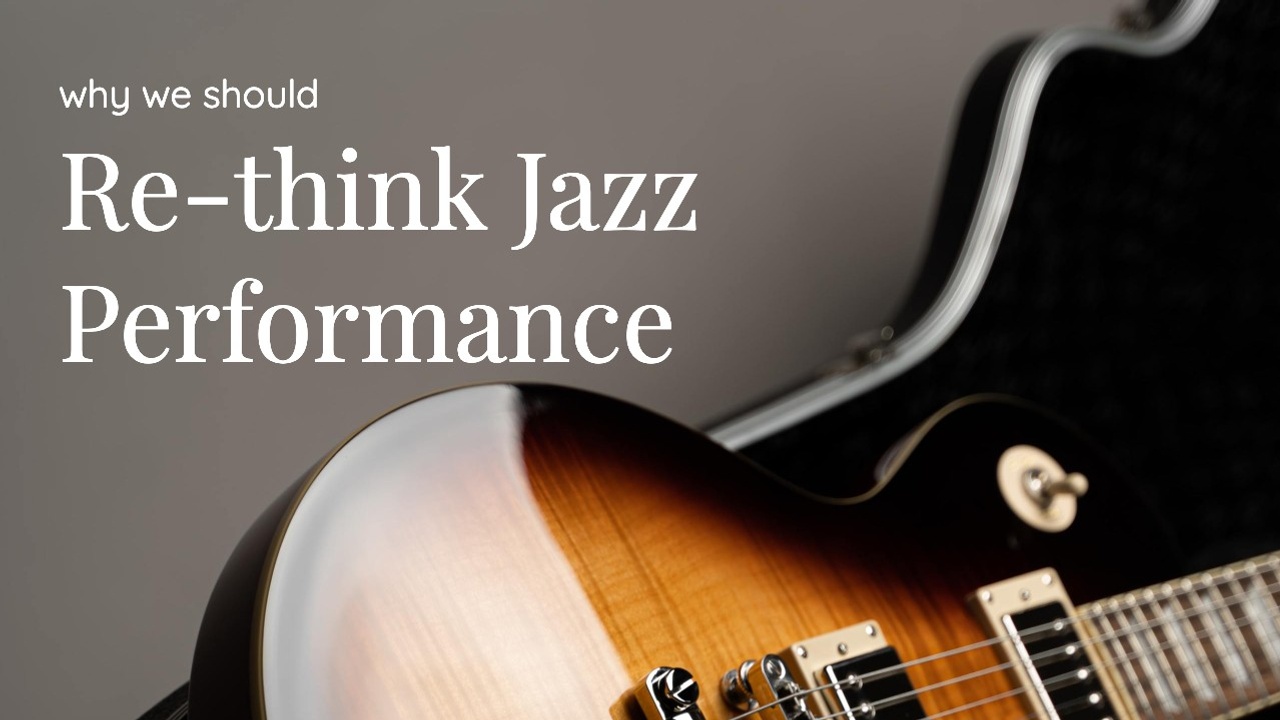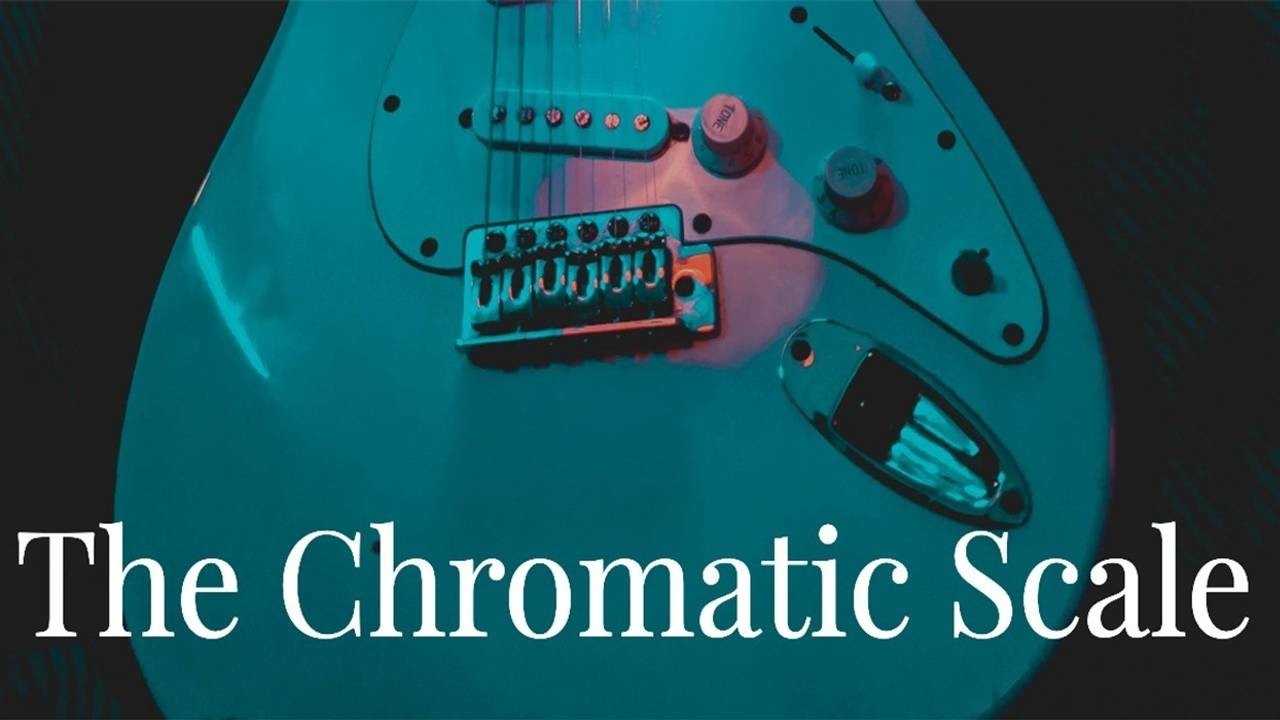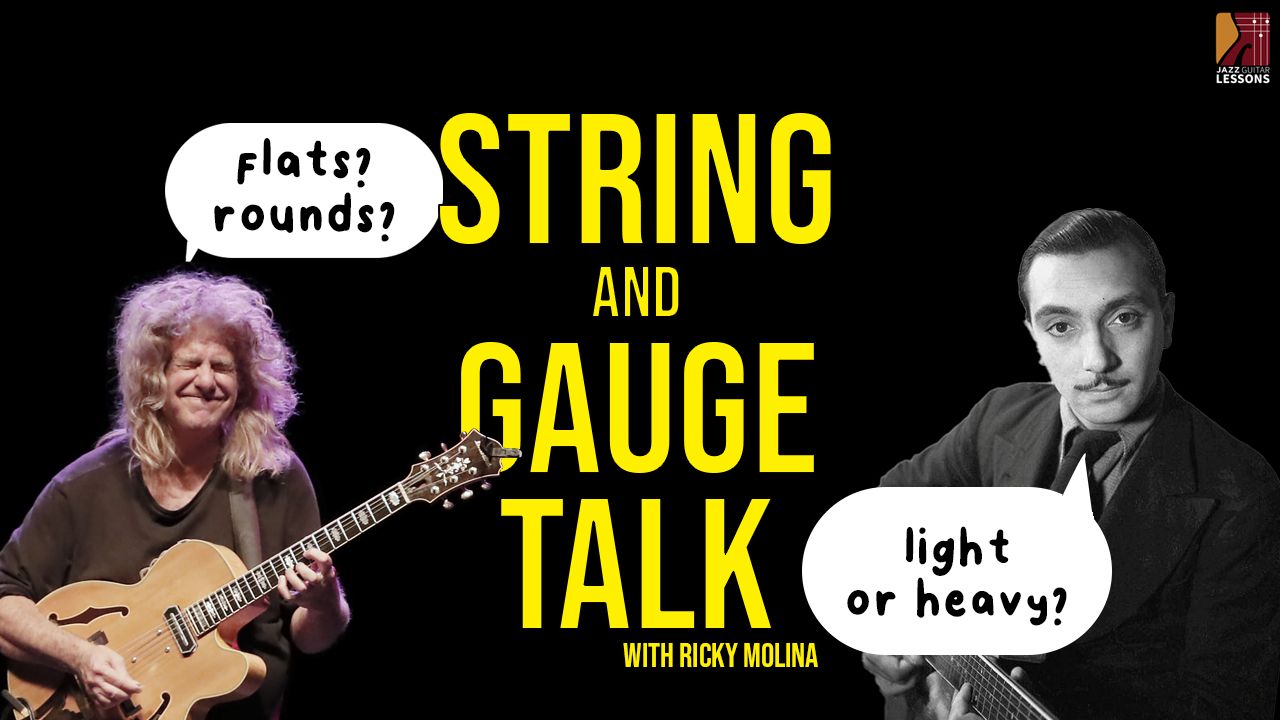
Choosing the Right Strings with the Jazz Guitar Greats
Nov 18, 2022Choosing the Right Strings
Tone, comfort, material, durability, and price – these are the usual qualities of strings guitarists take into consideration when choosing. The discussion of this matter sometimes descends into a sort of debate and disagreement between musicians. Whereas we have our favorites, this topic should be viewed with an open mind.
Here is a revealing and informative video from Ricky Molina reviewing the different kinds of strings jazz guitar virtuosos have used/are using to this day. Keep in mind that the guitarists that are mentioned have different playing styles, so let’s get analyze together what led these legends to their weapons of choice.
1.) Django Reinhardt - 0.10-0.46 silk + steel strings (Amazon: D'Addario EJ83M)
Django used light gauge silk + steel strings perfect for his gypsy jazz style guitar.
2.) Wes Montogmery - 0.14-0.56 Flatwound strings
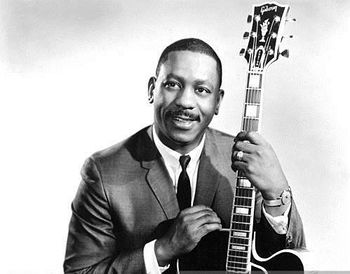
Wes preferred flatwound strings, 0.14-0.56 gauge for his unique guitar-playing style.
3.) Joe Pass - 0.12-0.56 Flatwound/roundwound strings
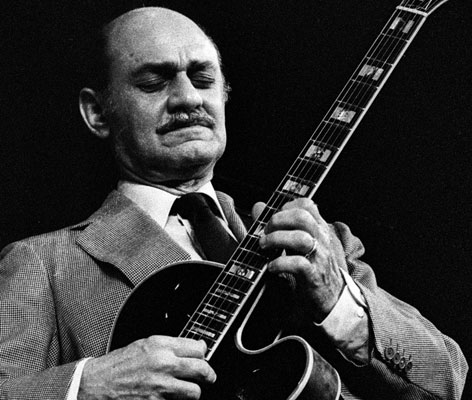
Joe Pass used D'Aquisto flatwound strings with 0.12-56 gauge even with a transition from using a pick to a more fingerstyle approach.
4.) George Benson - 0.12-0.53 Flatwound strings (Amazon: Thomastik-Infeld Vienna GB112)
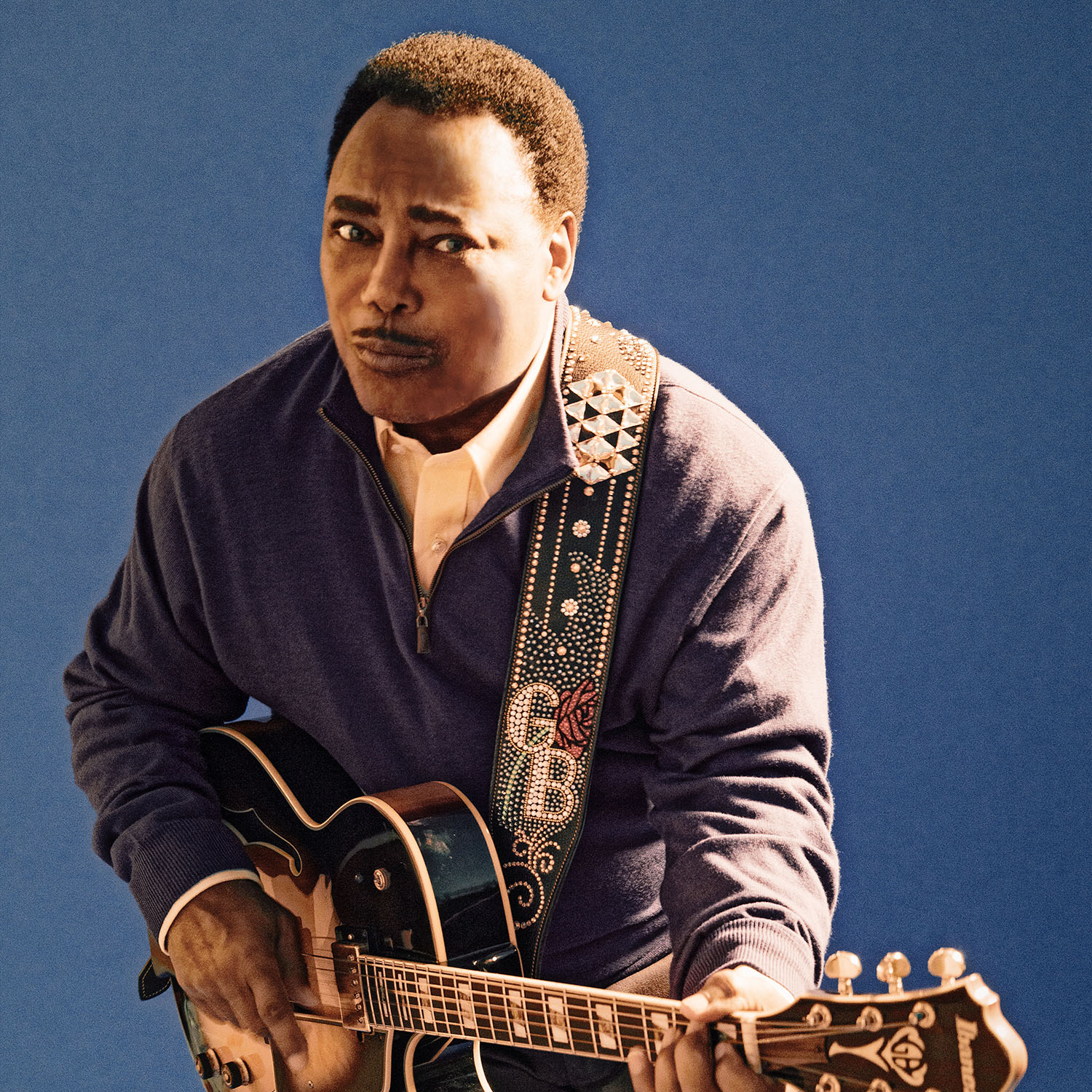
George Benson uses his signature George Benson Jazz Strings from Thomastik-Infeld Vienna with a gauge of 0.12-0.53.
5.) Pat Martino - 0.15-0.52 Flatwound strings
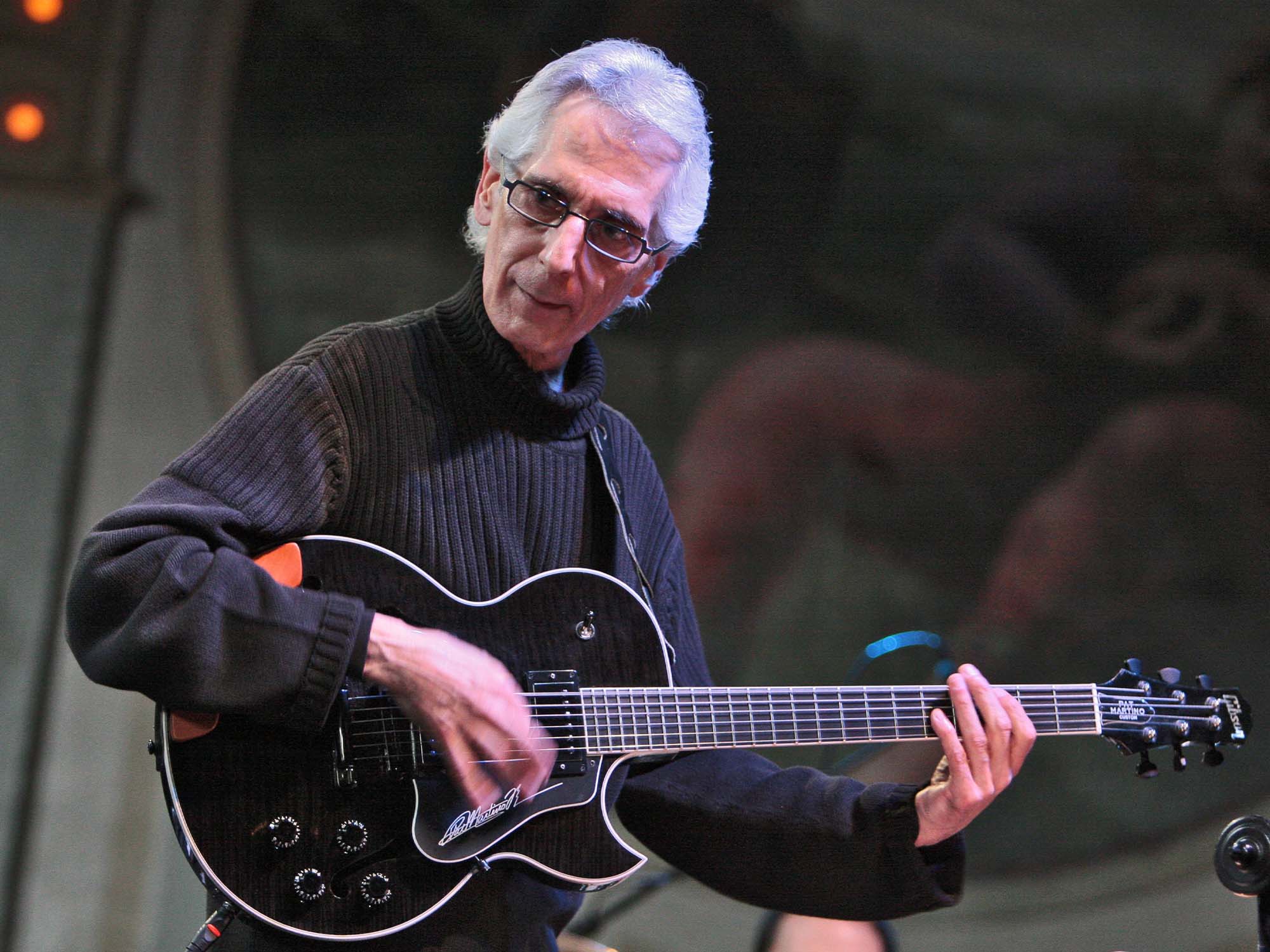
Pat Martino preferred heavy-gauged flatwound strings which gives him a warmer tone for his melodic lines.
6.) Jim Hall - 0.11-0.50 Flatwound strings
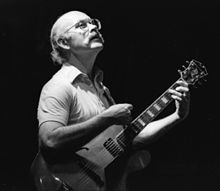
Jim Hall prefers light Sandowsky flatwound strings for his beautiful chordal playing.
7.) Pat Metheny - 0.11-0.49 and 0.12-0.52 D'Addario Roundwound strings

Pat Metheny uses roundwound strings with his tone turned way down to fit his mix.
8.) John Scofield - 0.11-0.50 Flatwound strings (Amazon: D'Addario ECG24)
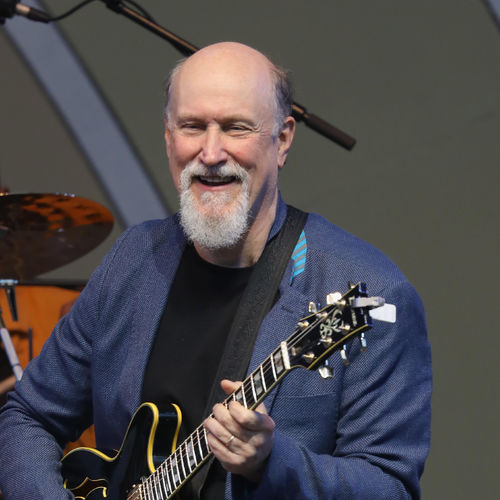
Scofield uses a mellow sounding D'Addario ECG24 strings of eleven to fifty gauge.
9.) Martin Taylor - 0.12-0.53 Roundwound strings (Amazon: Elixir Phosphor Bronze Strings)
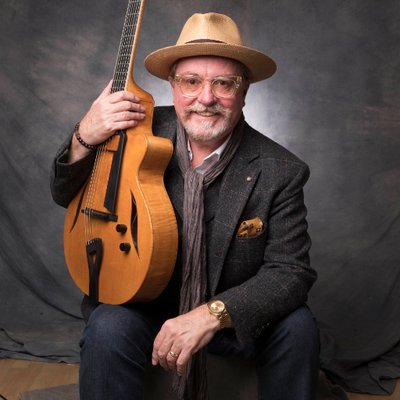
Martin Taylor uses Elixir strings with a phosphor bronze coating that prevents rusting and collecting dirt, ultimately improving its durability and lifespan.
10.) Lenny Breau - 0.12-0.46 Roundwounds with 0.08 high A string
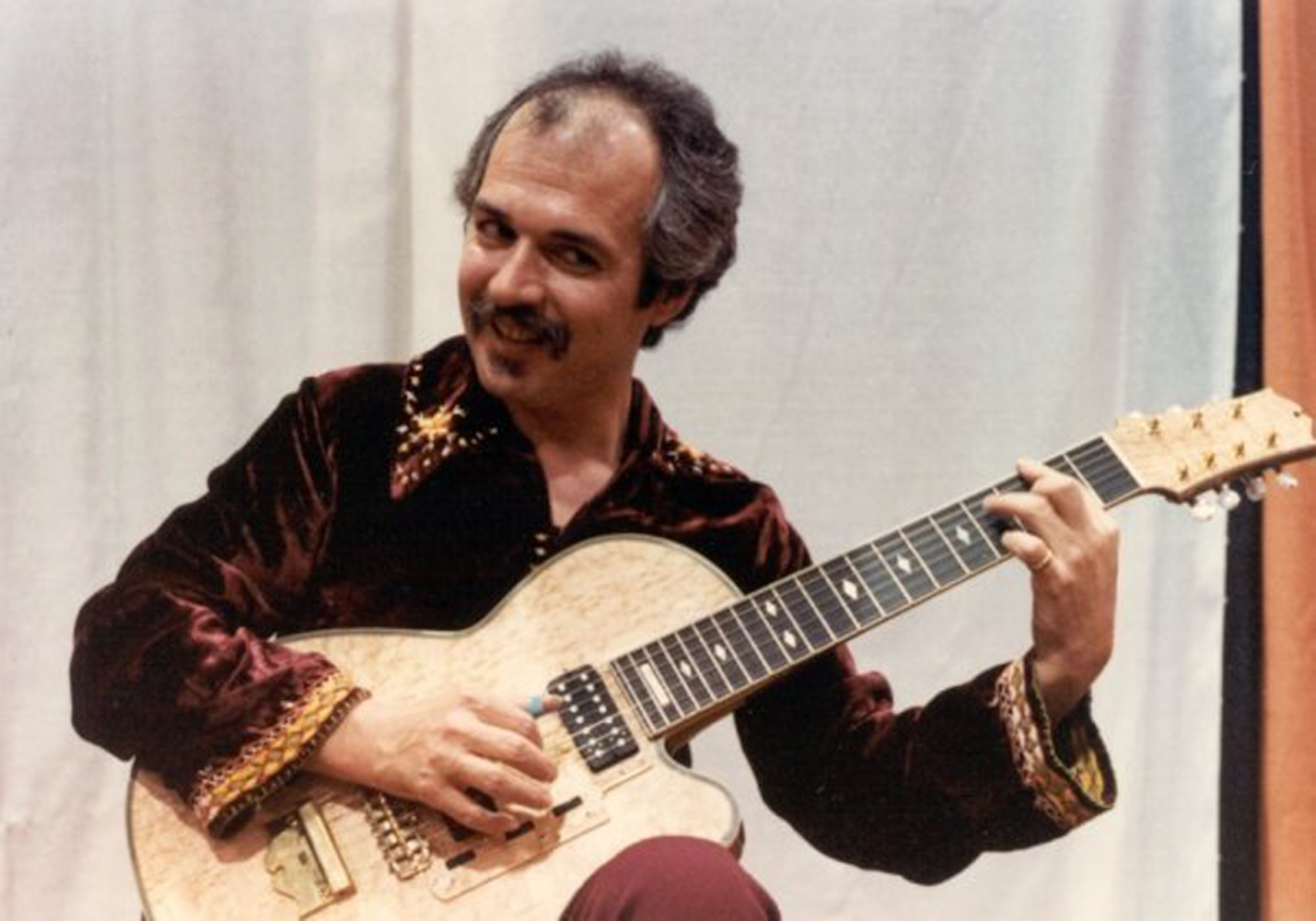
Lenny Breau used a 7-string guitar equipped with 0.12-0.46 gauge roundwounds with a 0.08 gauge high A string on top of the high E string.
11.) Tuck Andress - 0.11-0.50 Roundwound strings
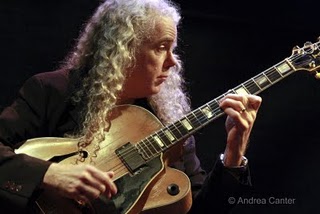
Tuck Andress uses 0.11-0.50 gauge roundwounds. In the past, Tuck played with a pick until he switched to playing exclusively with a fingerstyle approach.
Conclusion
Ricky also mentioned some questions and takeaways that we should be looking into.
- Can you identify the differences in tone and articulations between flats vs. round?
- Do you know which works best for your style i.e. if you play with a pick or fingerstyle?
- Which approaches do you prefer to lean toward in terms of your playing?
As the greats have preferences for string types that differ from each other, we should now know that choosing the strings is not black and white, right or wrong. Each string may be better for one scenario than another, but listen and choose what sounds and feels best for you and your playing style.



